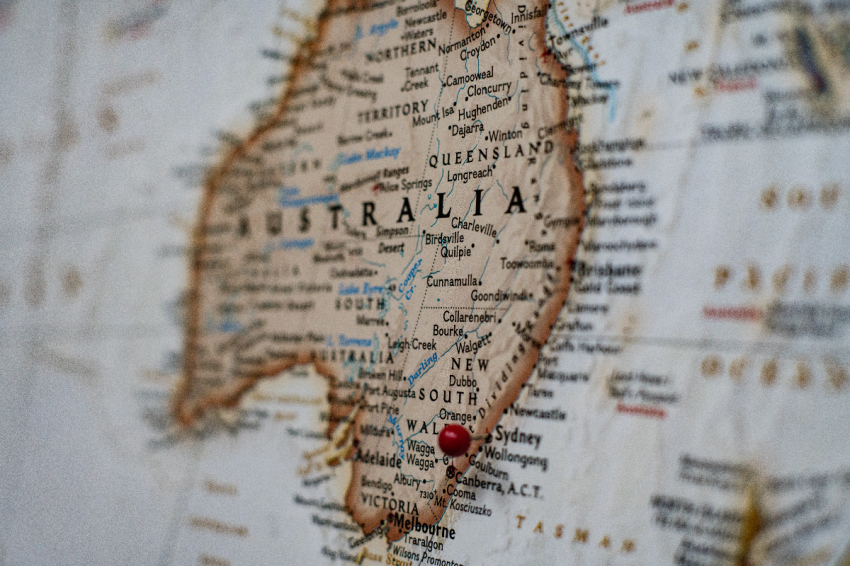Share of self-identified Christians hits new low in Australia amid rise of the 'nones': Census

Australia's 2021 Census reveals that the percentage of people identifying as Christian has dipped below 50% for the first time, a drop of 17 percentage points over the last 10 years. At the same time, the number of people who describe themselves as "non-religious" has risen.
The diversity in the religions Australians identified is increasing, "reflecting continuing changes in our social attitudes and belief systems," the Australian Bureau of Statistics said in a statement.
While Christianity remains the most common religion in the Oceania country, with 43.9% identifying as Christian, it's down from 52.1% in 2016 and 61.1% in 2011.
The Sydney Morning Herald noted that 96% of Australians listed a form of Christianity as their religion in the first census in 1911.
The largest Christian denomination remains Catholic, with 20%, followed by Anglican with 9.8%.
Nearly four in 10 Australians (38.9%) reported having "no religion" in the 2021 Census, up from about 30% in 2016 and 22.3% in 2011.
In the mid-1960s, less than 1% of people in Australia identified as having no religion, according to The Herald.
"The religion question holds a special place in the Census — it is one of the few topics that has been in every one of Australia's 18 Censuses and is the only question that is voluntary," Australian statistician David Gruen said. "Despite being voluntary, we saw an increase in the proportion of people answering the question, from 91% in 2016 to 93 percent in 2021."
Gruen said that religious affiliation or identification data is essential because "it supports local planning for facilities, goods and services for Australians who identify as religious and helps them to live according to their beliefs."
The Census data also showed that other religions are growing but continue to make up a small proportion of the population. Hinduism has grown by 55.3%, to 684,002 people or 2.7% of the population. Islam has grown to 813,392 people, which is 3.2% of the Australian population.
The trend is similar to the changing religious demographics in the United States, where fewer Americans are identifying as religious and more are identifying as non-religious, a trend referred to as the rise of the religious "nones." The declining religiosity comes as many churches and denominations have faced years of declining membership and as traditional Christian beliefs on sexuality, marriage and gender are increasingly at odds with cultural trends.
Interpreting the data, Renae Barker, senior lecturer at the University of Western Australia, wrote in an op-ed that between 2016 and 2021, "Australia saw a monumental shift in what might broadly be considered moral laws."
"In December 2017, the definition of marriage was officially changed to being the union of two persons voluntarily entered into for life, regardless of gender," she wrote. "But marriage equality is just the tip of the iceberg. Euthanasia and abortion laws have also been reformed in the five years between the censuses."
She noted that there has also been an ongoing debate about freedom of religion, especially in relation to discrimination by religious schools.
"On one hand, some religious schools claim they need to be able to maintain their unique faith identity, especially where this is out of step with mainstream beliefs," Barker wrote. "On the other, LGBTQ+ groups, in particular, argue discrimination is harmful and no longer acceptable in modern Australia."
There's a need for balanced religious discrimination law, she concluded, adding that the conversation on it must include "those of minority faiths, those of the majority Christian faith, and those of no faith."



























